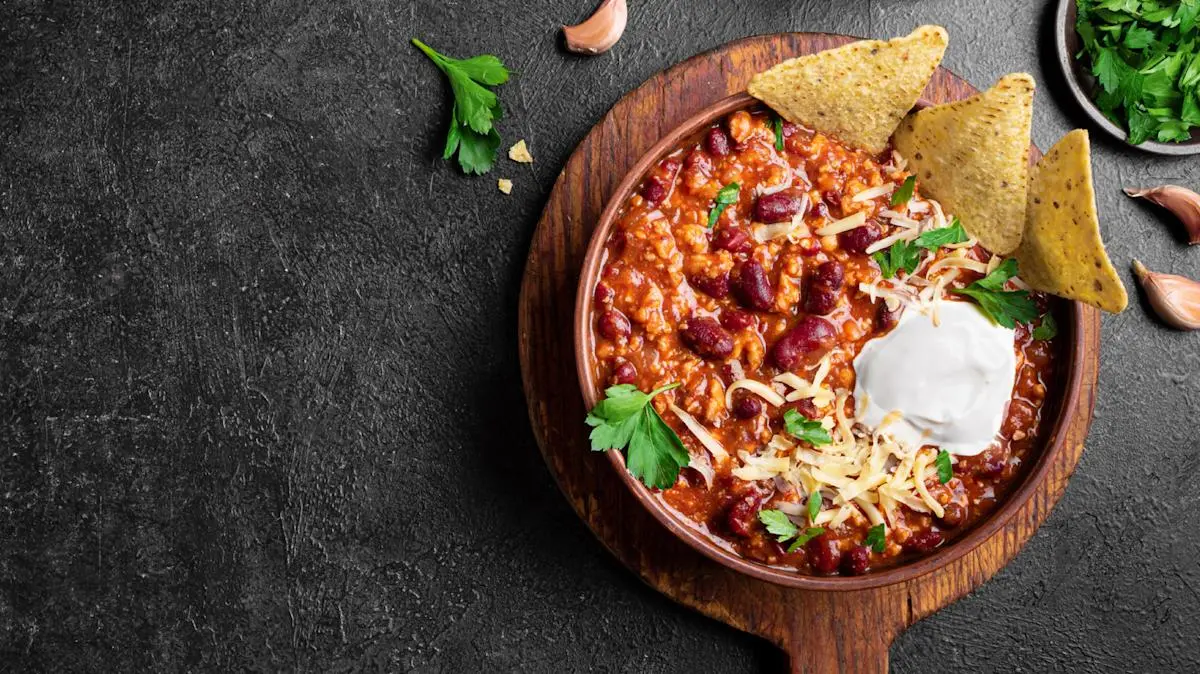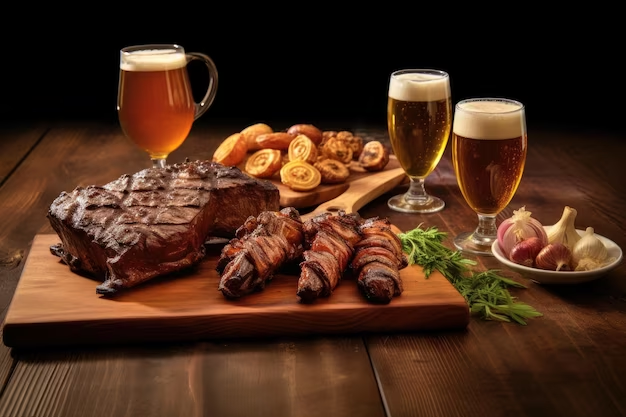The Magic of Beer in Chili
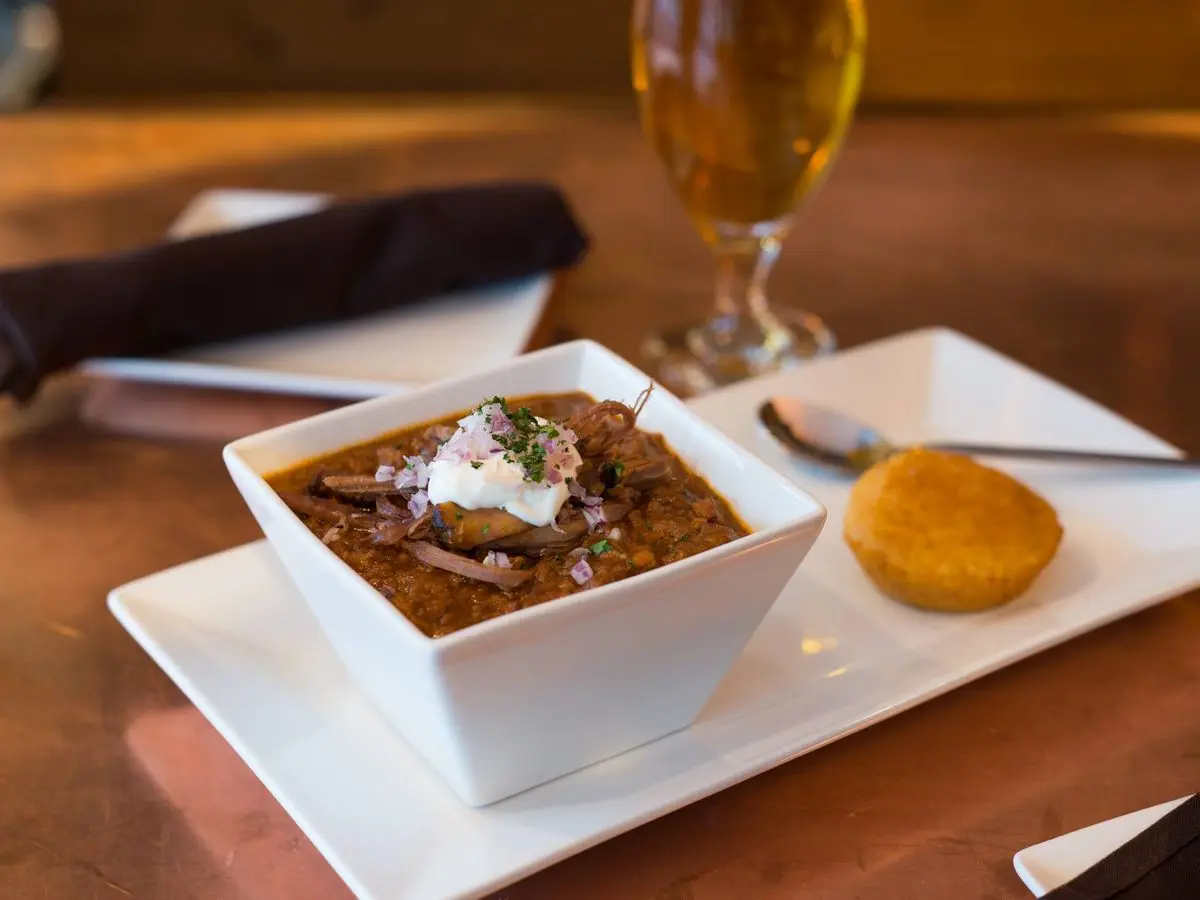
When it comes to making a delicious, hearty chili, we often turn to classic ingredients like ground beef, beans, and spices. But there’s one secret ingredient that can elevate your chili to the next level: beer. Adding beer to your chili not only enhances the flavor but also brings a unique depth and richness to the dish. Whether you’re brewing up a hearty beef chili or a spicy vegetarian version, beer has the power to infuse the dish with its bubbly magic, transforming a standard recipe into something extraordinary.
Beer Adds Depth of Flavor
Beer is rich in complex flavors, and when added to chili, it contributes a depth that regular liquids like water or broth can’t provide. Depending on the type of beer you choose, the flavors can range from malty and sweet to hoppy and bitter. Dark beers, such as stouts or porters, bring a deep richness to the chili, while lighter beers like lagers or pale ales can add a more subtle, crisp flavor. The combination of beer and spices creates a harmonious blend, allowing the flavors to develop and deepen as the chili simmers.
The Role of Carbonation in Chili

One of the most interesting effects of adding beer to chili is the carbonation. While the bubbles may disappear during cooking, the carbonation helps to tenderize the meat, breaking down proteins and making the dish even more flavorful. This results in a smoother texture and a more enjoyable eating experience. Additionally, the carbonation helps to balance the richness of the chili, cutting through the heaviness of the beans, meat, and cheese, and adding a refreshing lift to each bite. The slight fizz from the beer adds an unexpected twist to the chili, making it more dynamic.
Beer Pairs Perfectly With Chili Ingredients
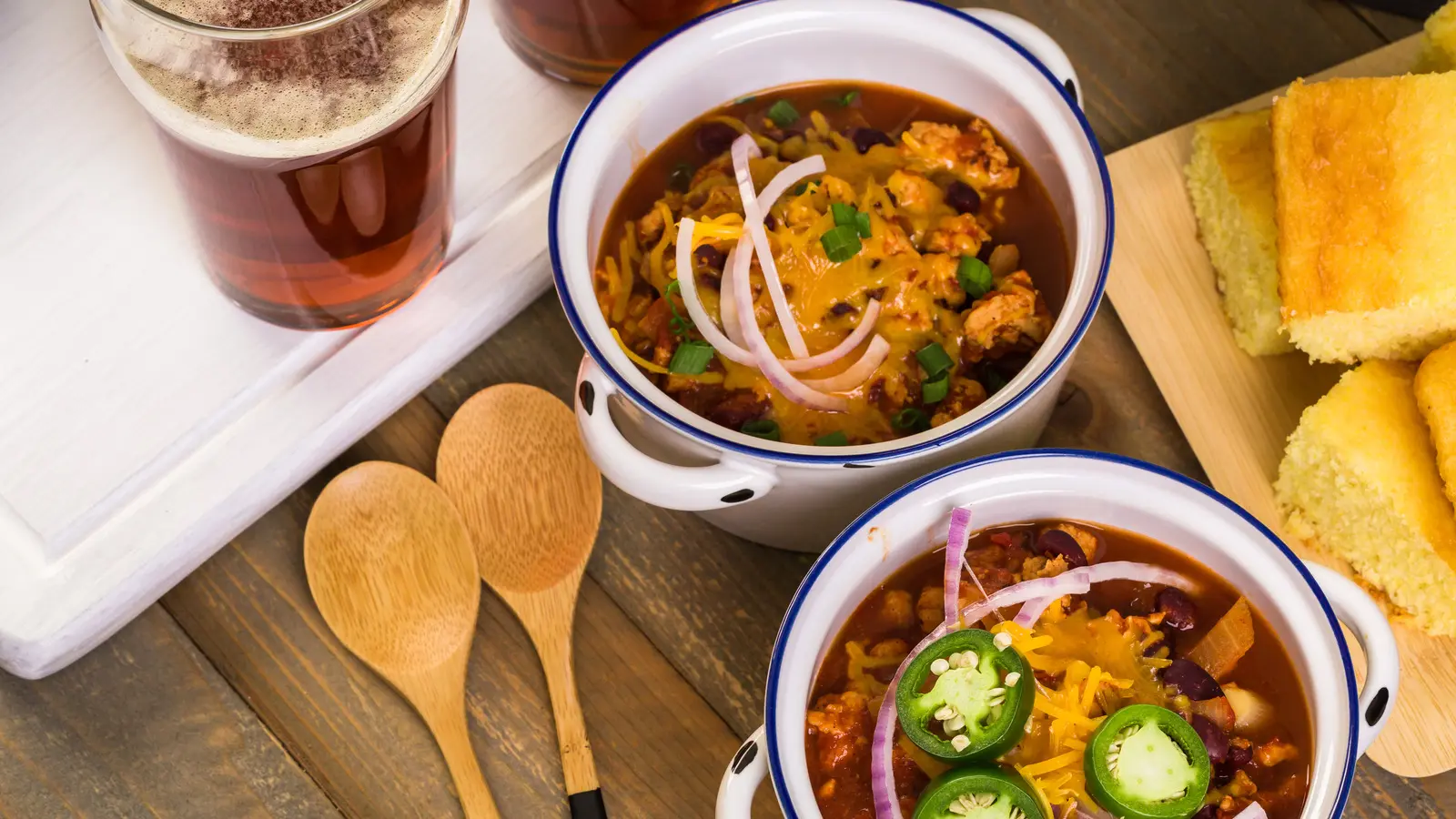
The beauty of adding beer to chili is that it naturally complements many of the classic ingredients already in the dish. The maltiness of beer pairs well with the earthy flavors of beans, tomatoes, and chili peppers. The bitterness of hoppy beers can help offset the sweetness of onions and bell peppers, creating a balanced flavor profile. Beer also helps to amplify the umami notes in the dish, especially when combined with meat like beef or pork. Whether you choose a bold IPA or a rich stout, beer enhances the overall taste, bringing out the best in every ingredient.
Choosing the Right Beer for Your Chili
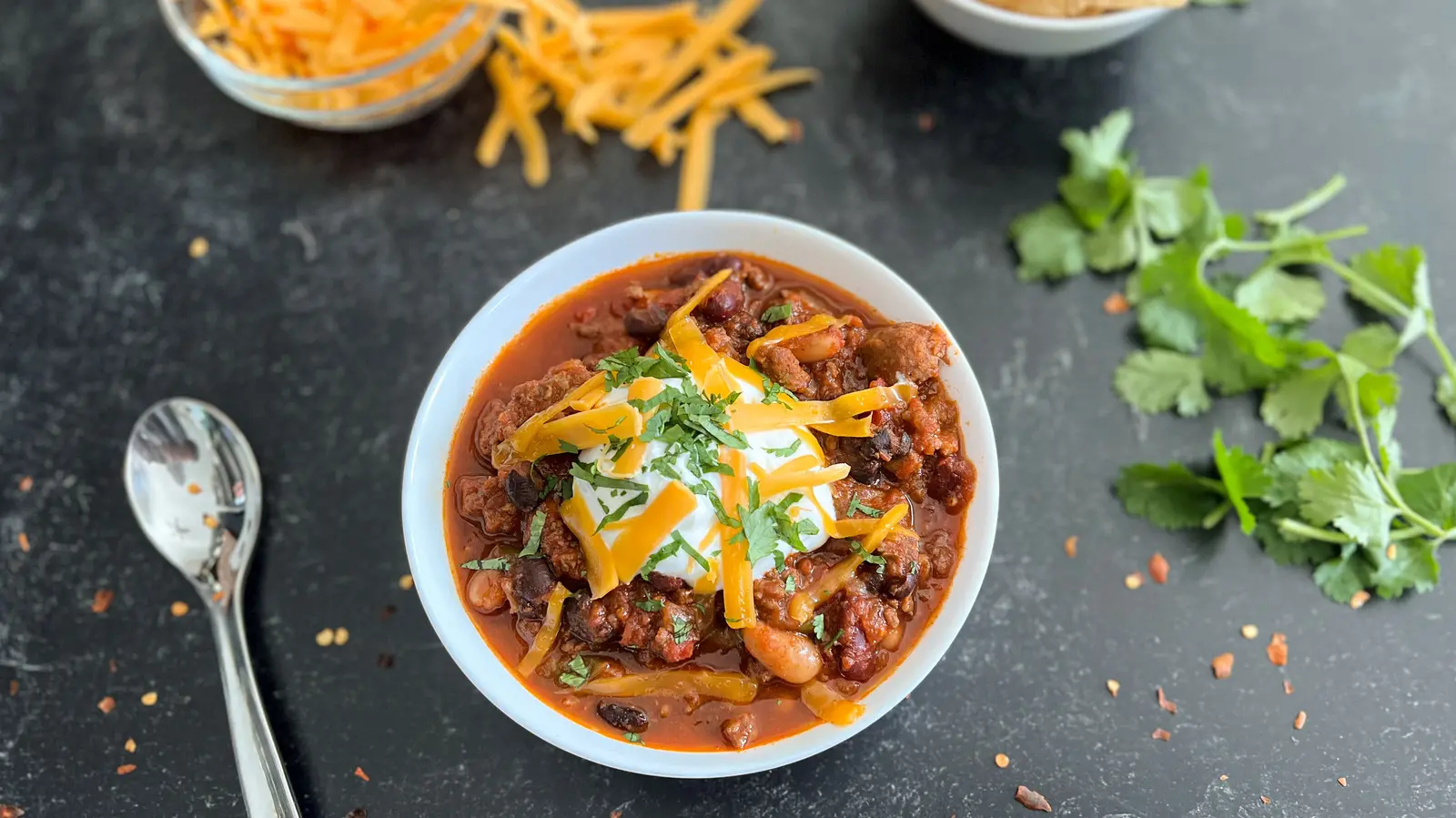
Not all beers are created equal, and choosing the right one can make all the difference in your chili. If you prefer a spicier, more robust chili, opt for a darker beer, such as a stout or porter, which can stand up to bold flavors. For a lighter, more refreshing chili, a pale ale or pilsner works wonderfully, offering a crisp finish without overpowering the spices. Experimenting with different types of beer will help you find the perfect pairing for your personal taste, making your chili unique and unforgettable.
Conclusion: Beer Takes Your Chili to the Next Level
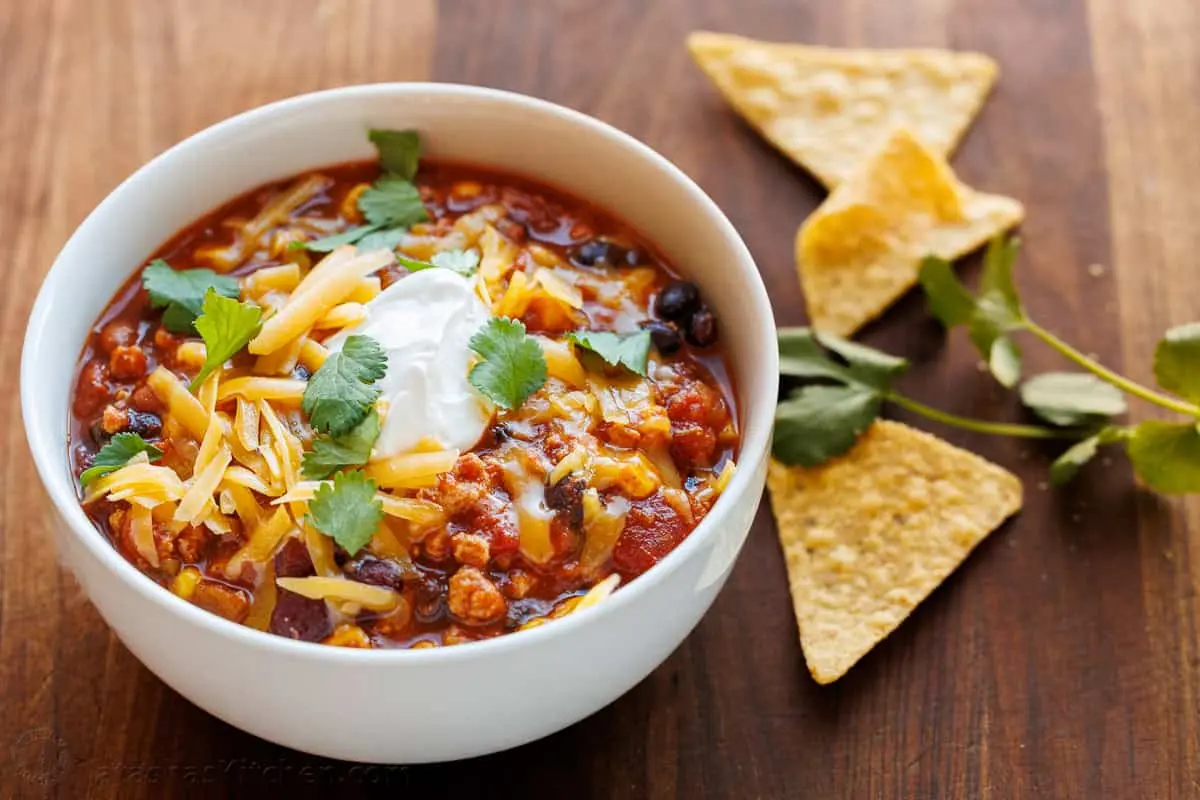
Adding beer to your chili is an easy and effective way to take your dish from good to great. Whether it’s the depth of flavor, the carbonation that tenderizes the meat, or the perfect pairing with your other ingredients, beer is the bubbly ingredient your chili is begging for. So, next time you make chili, don’t forget to crack open a cold one and let it work its magic. The result will be a delicious, satisfying bowl of chili that your taste buds won’t forget.
Recommended

Elevate Store-Bought Hummus With These Simple Ingredients

This Easy Trick Brings Out The Best In Store-Bought Cookie Dough

The Easy Way To Prepare Burrata You've Probably Never Considered

19 Surprisingly Useful Baking Tools You Probably Don't Own
Next up

